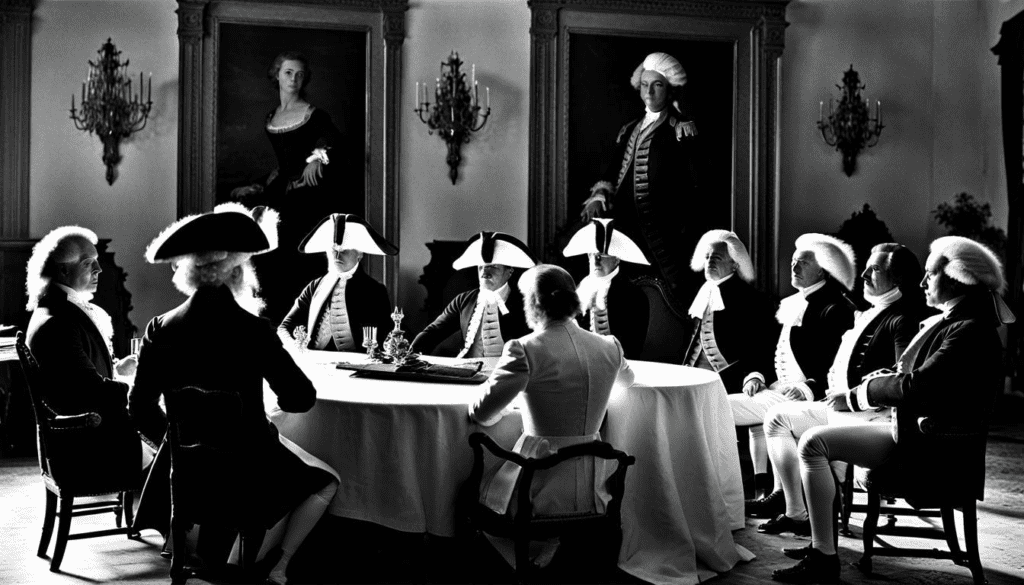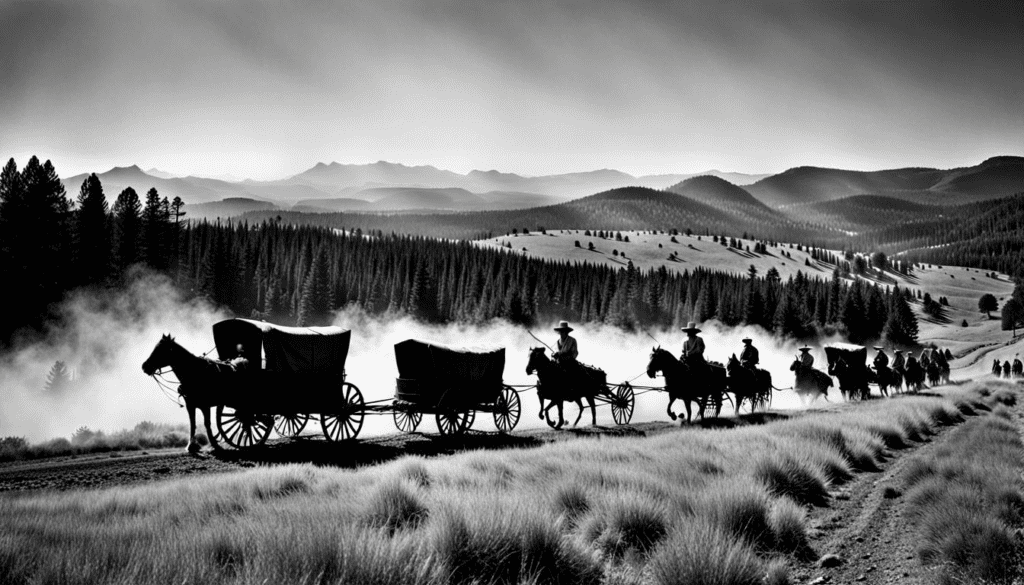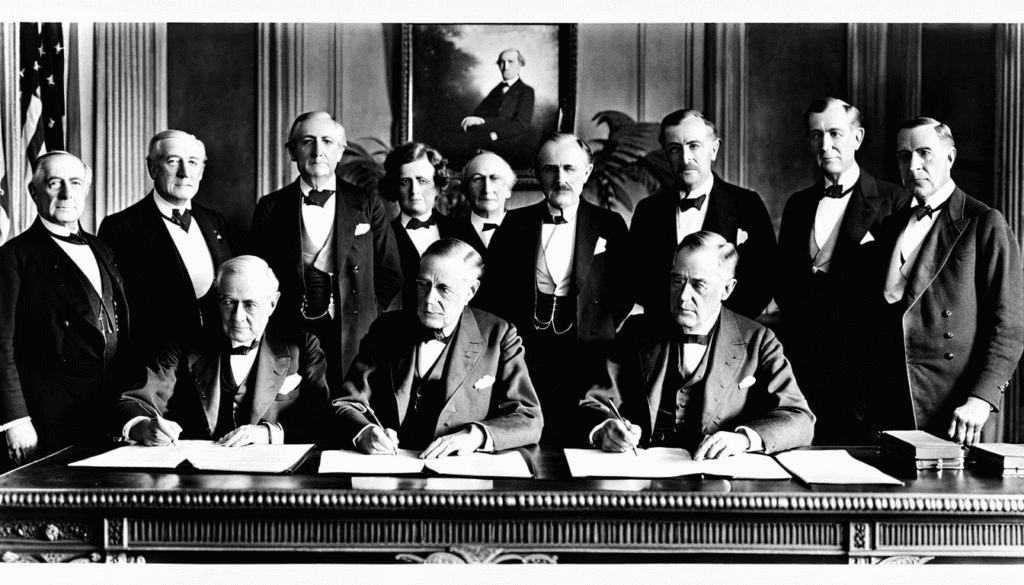The Rise of the United States: From Colony to World Power
Early Beginnings and the Founding Era
The United States’ journey to becoming a world power began with its roots as a collection of British colonies along the eastern coast. The Founding Fathers, inspired by Enlightenment ideals, established a nation built on the principles of liberty and democracy, which would later set it apart on the global stage.

Expansion and Manifest Destiny
The 19th century saw the United States expand its territory from coast to coast, a phenomenon known as Manifest Destiny. This period of rapid expansion was fueled by westward movement, the acquisition of new territories, and the annexation of Texas and Hawaii, which increased the nation’s economic and military might.

Industrialization and the Civil War
The Civil War, a pivotal conflict in the 19th century, not only united the nation but also spurred industrialization. The Union’s victory and the subsequent reconstruction period laid the foundation for a strong, centralized federal government capable of shaping the nation’s future on the world stage.

Rise to Global Prominence
The 20th century marked the United States’ ascension to global prominence. Two World Wars saw the nation emerge as a superpower, with its economic might and military capabilities significantly increasing. The post-war period brought about the rise of the United States and the Soviet Union as rival superpowers, setting the stage for a new era of international relations.

